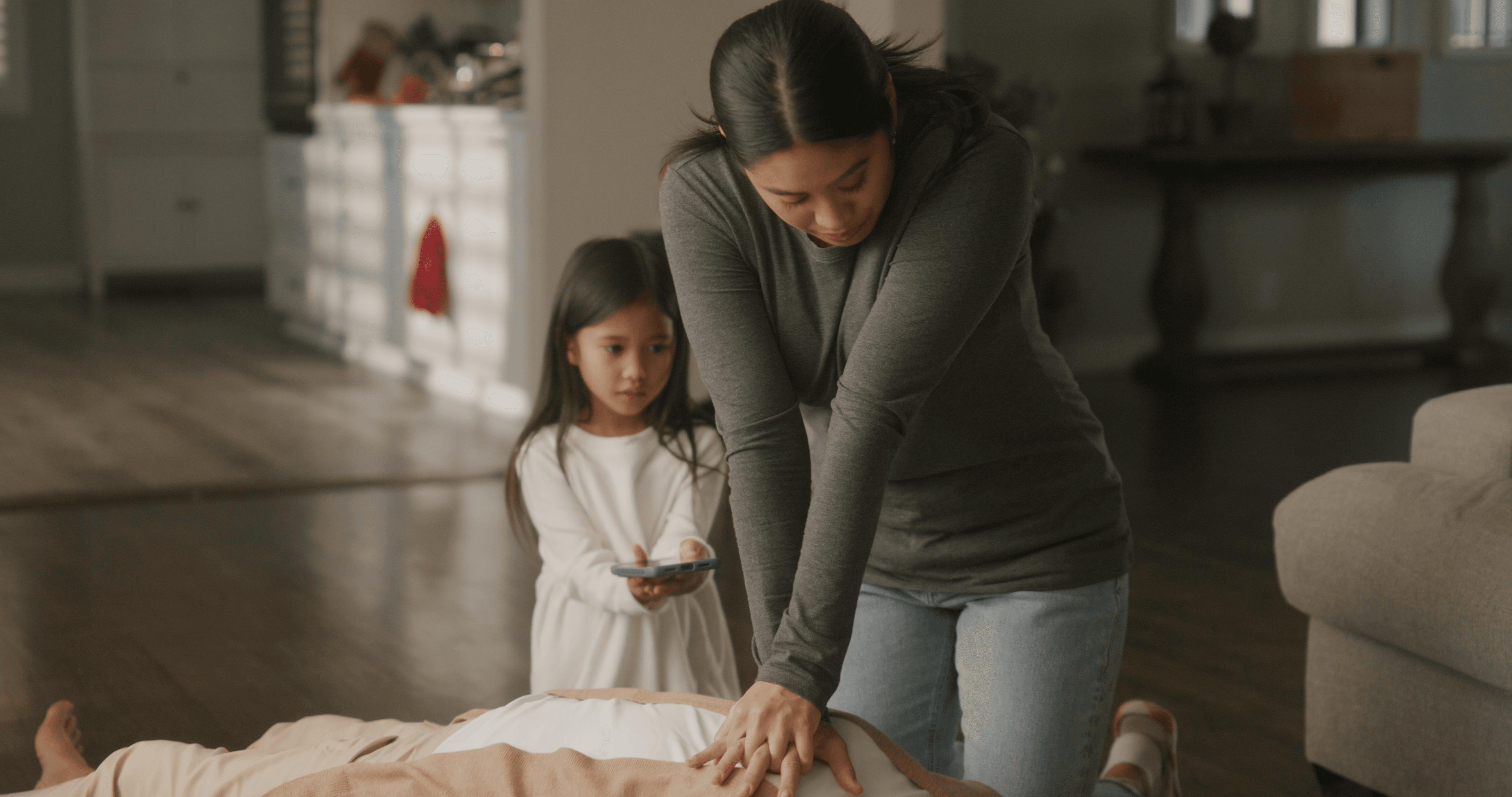Bystander CPR Within 10 Minutes Crucial for Cardiac Arrest Survival and Brain Function
November 11th, 2024 1:00 PM
By: Newsworthy Staff
New research reveals that bystander-initiated CPR within 10 minutes of cardiac arrest significantly improves survival rates and neurological outcomes. This finding emphasizes the critical importance of quick action and widespread CPR training for public health.

A groundbreaking study presented at the American Heart Association's Resuscitation Science Symposium 2024 has revealed that bystander-initiated cardiopulmonary resuscitation (CPR) within 10 minutes of cardiac arrest can dramatically improve survival rates and protect brain function. The research, which analyzed nearly 200,000 out-of-hospital cardiac arrest cases in the United States from 2013 to 2022, underscores the critical importance of immediate action in emergency situations.
The study found that individuals who received CPR within two minutes of cardiac arrest had an 81% higher chance of survival to hospital discharge and a 95% higher likelihood of favorable neurological outcomes compared to those who did not receive bystander CPR. Even when CPR was initiated up to 10 minutes after the cardiac arrest, there was still a significant survival benefit, with a 19% higher rate of survival to hospital discharge and a 22% higher rate of favorable neurological outcomes.
Dr. Evan O'Keefe, the study's lead author and a cardiovascular fellow at Saint Luke's Mid America Heart Institute, emphasized the importance of these findings: "Our results reinforce that every second counts when starting bystander CPR. Even a few minutes delay can make a big difference." This research highlights the crucial role that bystanders play in improving outcomes for cardiac arrest victims and underscores the need for widespread CPR training and education.
The implications of this study are far-reaching. With more than 357,000 out-of-hospital cardiac arrests occurring annually in the U.S., and a current survival rate of only 9.3%, these findings suggest that improved bystander response could significantly increase survival rates and reduce the likelihood of severe neurological damage among survivors. The research also provides valuable insights for emergency services dispatchers and policymakers, potentially informing the development of more effective public health interventions for cardiac arrest.
Dr. Anezi Uzendu, an American Heart Association volunteer expert and cardiac arrest survivor, highlighted the study's significance: "This study emphasizes the need for prompt recognition and treatment of cardiac arrest by bystanders. Time is of the essence, and late interventions can be as ineffective as no intervention. Community education and empowerment are critical for us to save lives."
The research also points to potential areas for future development, such as the use of technology to reduce response times. This could include apps that alert nearby trained bystanders or notify dispatchers of likely cardiac arrests, potentially further improving outcomes for cardiac arrest victims.
In light of these findings, the American Heart Association is urging everyone to learn CPR and join its Nation of Lifesavers® movement, which aims to double survival rates from sudden cardiac arrest by 2030. The organization emphasizes that being prepared to act quickly could mean the difference between life and death for someone experiencing cardiac arrest.
As this research demonstrates, the window for effective intervention in cardiac arrest cases is wider than previously thought, but quick action remains crucial. By increasing public awareness, expanding CPR training, and leveraging technology to speed up response times, communities can significantly improve survival rates and neurological outcomes for cardiac arrest victims. This study serves as a powerful reminder of the vital role that every individual can play in saving lives and protecting brain function in emergency situations.
Source Statement
This news article relied primarily on a press release disributed by NewMediaWire. You can read the source press release here,
